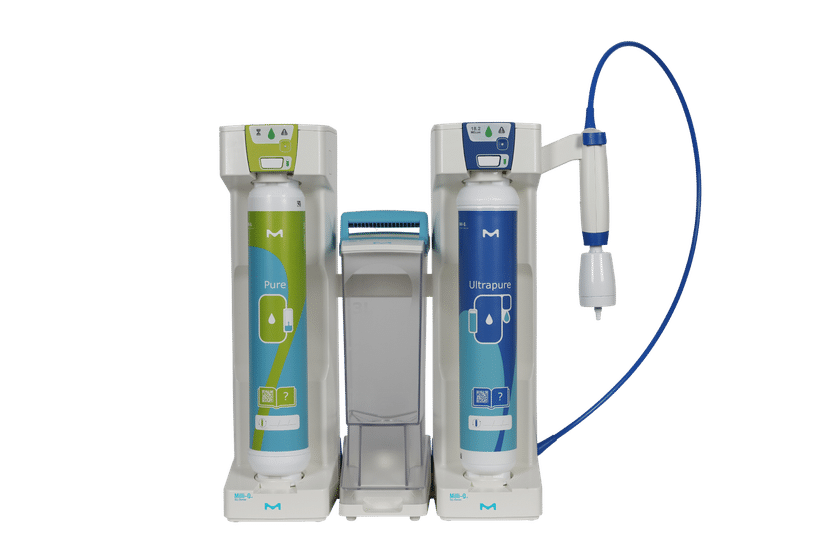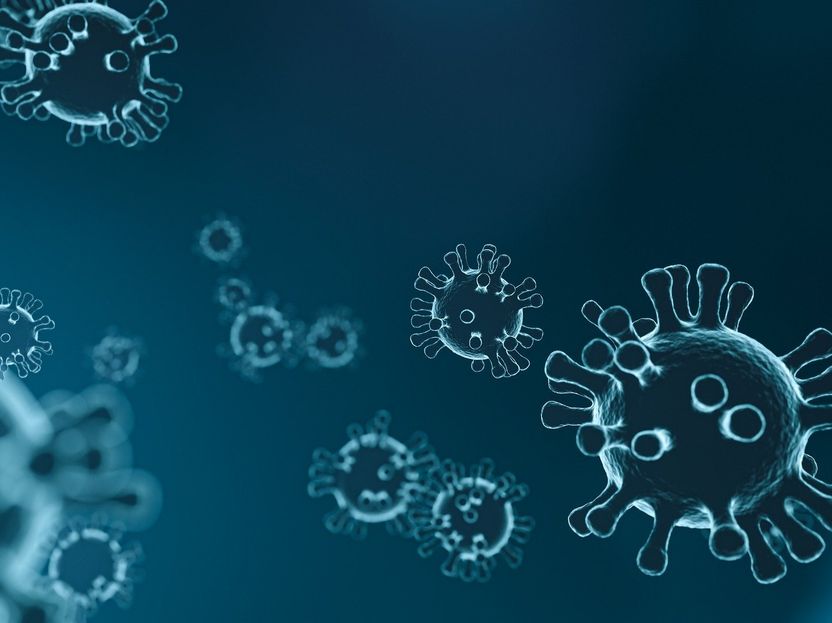Research on airway protective reflexes wins 2024 Eppendorf & Science Prize
The American scientist Laura Seeholzer, Ph.D., Postdoctoral Fellow at the University of California, San Francisco, USA, has won the 2024 Eppendorf & Science Prize for Neurobiology for her work on elucidating a role for airway neuroendocrine cells in responding to external threats.
“Laura Seeholzer’s essay brilliantly describes how she identified a group of laryngeal and tracheal neuroendocrine cells that protect our airways” explained Dr. Peter Stern, Senior Editor at the journal Science and Chairman of the Prize Jury. “Activation of these cells drives airway protective reflexes through interaction with airway-innervating sensory neurons.”
“Water ‘going down the wrong pipe’ or refluxing stomach acid into the airways are deeply uncomfortable experiences that elicit protective reflexes like coughing, gagging and swallowing, says Seeholzer. “We found that a rare cell type in the airway epithelium, called neuroendocrine (NE) cells, detect these noxious stimuli. Upon stimulation, tracheal and laryngeal NE cells release a specific type of neurotransmitter that activates nearby sensory neurons, which then drive protective reflexes like swallowing and coughing.”
Laryngeal and tracheal NE cells are critical, previously overlooked cell populations that protect our airways. Seeholzer aims to understand whether NE cell dysregulation contributes to an increased likelihood of aspiration as people age or in diseases where critical airway reflexes are compromised.
“I want to thank Eppendorf and Science magazine for celebrating young trainees in neurobiology over the last two decades”, says Seeholzer. “I have always loved reading these essays and being selected as this year’s winner is one of the greatest surprises and honors of my fledgling career. I would also like to thank Dr. David Julius and my lab mates for creating an enthusiastic and supportive lab environment where it is a joy to go to work each day.”
Two finalists were also recognized. Rosemary Cater, Ph.D., Senior Research Fellow & Group Leader at the University of Queensland, Brisbane, Australia, for her work that reveals molecular details of how the essential nutrients choline and omega-3 fatty acids are transported into the brain, and Claudia Kathe, Ph.D., Assistant Professor at the University of Lausanne, Switzerland, for her work on elucidating the role of neuronal populations in the spinal cord in restoring motor function.
“Eppendorf and the journal Science are awarding this prestigious prize since 2002. Since it’s initiation, the Prize has acknowledged over 70 winners and finalists, who have gone on to become leading scientists in their field,” stated Axel Jahns, Ph.D., Vice President Corporate Citizenship & Governmental Affairs at Eppendorf SE. “Congratulations to the 2024 awardees on their amazing achievements.”
Other news from the department science

Get the life science industry in your inbox
By submitting this form you agree that LUMITOS AG will send you the newsletter(s) selected above by email. Your data will not be passed on to third parties. Your data will be stored and processed in accordance with our data protection regulations. LUMITOS may contact you by email for the purpose of advertising or market and opinion surveys. You can revoke your consent at any time without giving reasons to LUMITOS AG, Ernst-Augustin-Str. 2, 12489 Berlin, Germany or by e-mail at revoke@lumitos.com with effect for the future. In addition, each email contains a link to unsubscribe from the corresponding newsletter.
Most read news
More news from our other portals
Last viewed contents
Hospital_ship

Milli-Q® SQ 2Series | Water purification systems | Merck
Surgical_oncology
Second-generation Biofuels Heading Steadily towards Commercial Success, Asserts Frost & Sullivan



















































